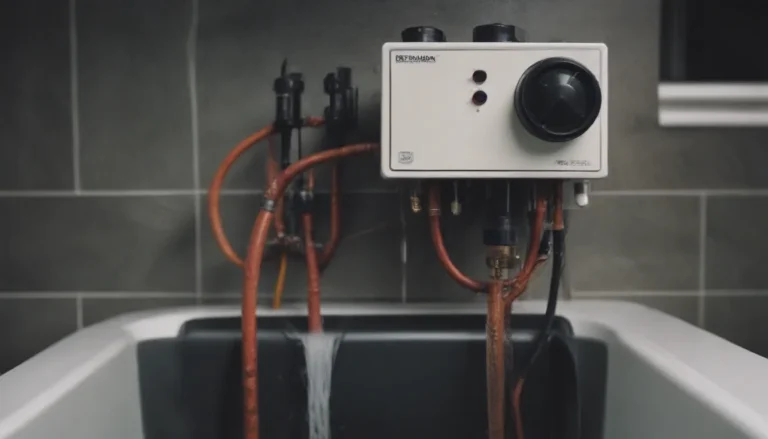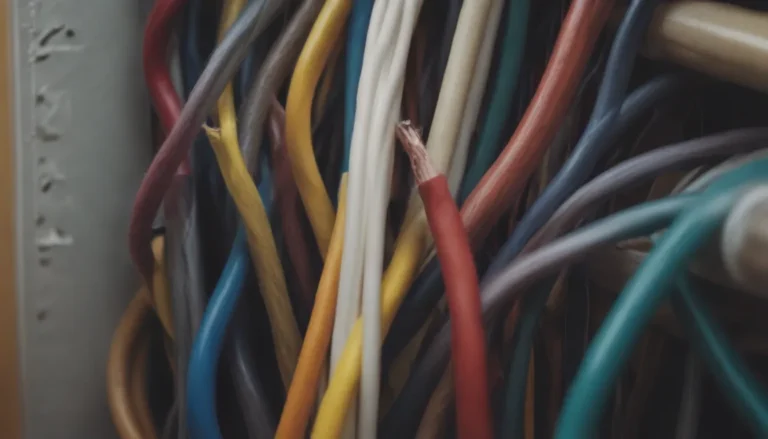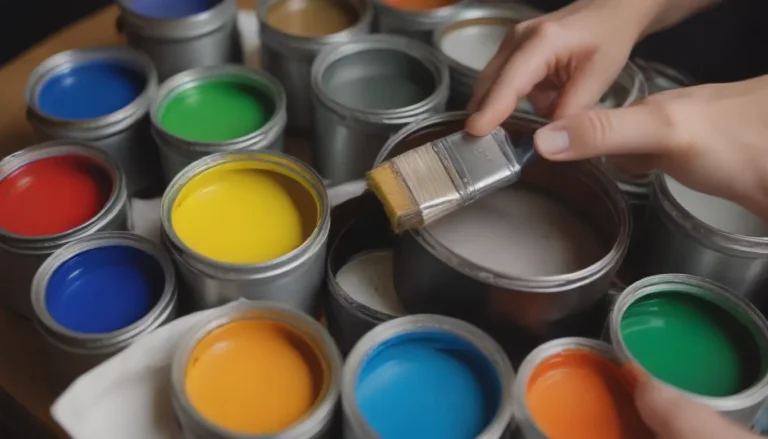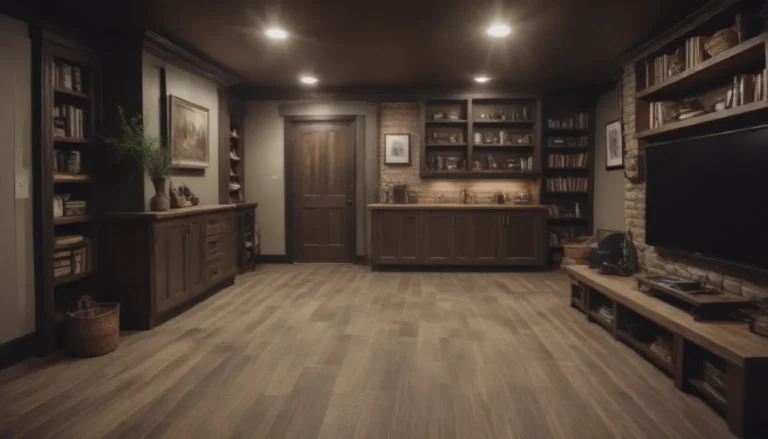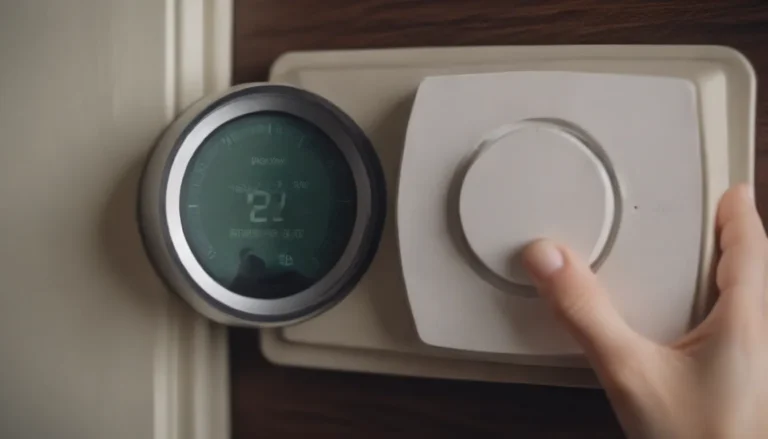Choosing the Right Driveway Material for Your Home
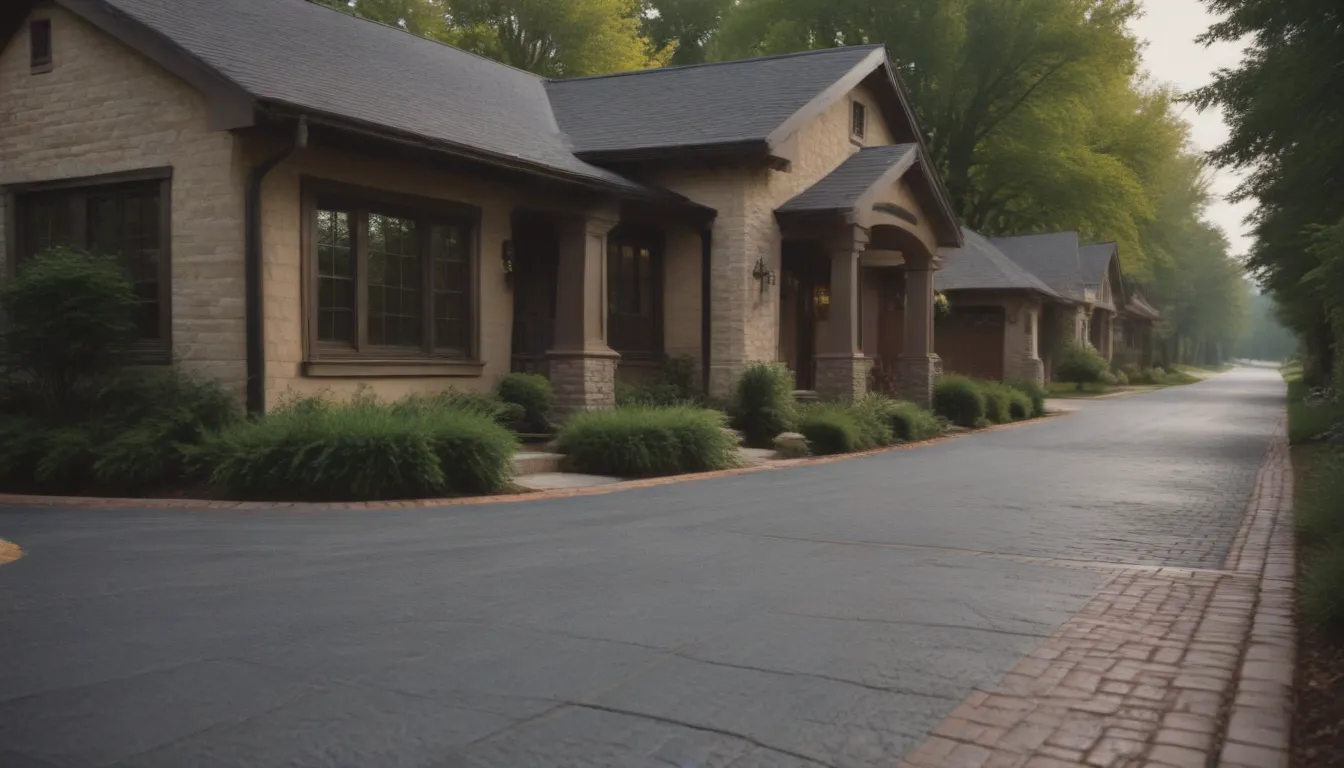
When it comes to your home’s driveway, the material you choose can have a significant impact on your landscape, curb appeal, and overall maintenance requirements. From affordable options like gravel to luxurious choices like stone pavers, there are numerous driveway materials to consider. In this in-depth guide, we will explore six popular driveway materials, discussing their benefits, drawbacks, costs, and maintenance requirements. By the end of this article, you will have all the information you need to choose the perfect driveway material for your home.
Asphalt: Affordable and Long-Lasting
Best for: Long-lasting driveways where appearance is not critical
Asphalt is a popular choice for driveways due to its affordability and durability. With an average cost of $5 to $7 per square foot, asphalt driveways typically last 15 to 20 years. Although they require regular sealing and patching, asphalt surfaces can be relayered when needed. While asphalt is prone to softening on hot days and cracking due to tree roots, it is less expensive than concrete or pavers. One disadvantage of asphalt is that it is not DIY-friendly, and site preparation can add to installation costs.
-
Pros:
- Less expensive than concrete or pavers
- Less prone to frost heave than concrete or pavers
- Easy snow removal
- Can be refreshed with a new layer
-
Cons:
- Not very attractive
- High maintenance
- Requires regular resealing
- Can soften on hot days
Tip: Partnering with a neighbor to have both driveways done simultaneously can reduce installation costs.
Concrete: Durable and Long-Lasting
Best for: Long-term durability
While concrete driveways are more expensive than asphalt, they are known for their durability and longevity. A well-maintained concrete driveway can last 25 to 50 years. The installation process is labor-intensive, making DIY installation challenging. Concrete driveways require proper site preparation, including the creation of a packed sub-base layer, wooden forms, and reinforcement with rebar or wire mesh.
-
Pros:
- Very durable surface
- Can be stamped or colored
- Best surface for snow removal
- Adds real estate value
-
Cons:
- Subject to cracking and water damage
- Not DIY-friendly
- Can be damaged by deicing salt
Tip: Stains such as oil, grease, and tire marks can be removed with pressure washing and products like Castrol SuperClean.
Gravel: Affordable and DIY-Friendly
Best for: Inexpensive surface for rustic home and landscape styles
Gravel driveways are the most affordable and DIY-friendly option for driveways. While they require regular maintenance and can be unattractive, gravel driveways are easy to repair and can last 100 years or more with periodic replenishment.
-
Pros:
- Most affordable option
- Easy DIY installation
- Repairs are simple
- Snow removal is more difficult
-
Cons:
- Requires regular replenishment and repair
- Can be unattractive
- Prone to weediness
Brick and Concrete Pavers: Stylish and Versatile
Best for: Driveways where visual appeal is critical
Paver driveways, made from natural stone or manmade materials like clay brick or concrete, offer a stylish and versatile option for driveways. While they can be expensive and require periodic resurfacing, pavers are easy to repair and add real estate value to your home.
-
Pros:
- Extremely stylish surface
- Many geometric styles available
- Easy to repair
- Adds real estate value
-
Cons:
- Snow removal can be difficult
- DIY installation is labor-intensive
- Must be maintained with sealant
Stone Pavers: Durable and Timeless
Best for: Most durable option and easier to maintain
Stone pavers, especially cobblestone pavers, are highly durable and long-lasting. These individual units can be replaced individually, making repairs simple and cost-effective. While stone pavers are more expensive than other options, their longevity makes them a worthwhile investment.
-
Pros:
- Very attractive
- Longest lifespan of all options
- Easy to repair
- Adds real estate value
-
Cons:
- Snow removal can be difficult
- DIY installation is labor-intensive
- Regular maintenance essential
Pervious Concrete: Environmentally Friendly Option
Best for: Environmentally friendly, earth-sustainable option
Pervious concrete is a permeable paving surface that allows rainwater to pass through and fill the groundwater table. While it is environmentally friendly and reduces stormwater runoff, pervious concrete is not recommended for high-traffic areas due to its lower load-bearing capacity.
-
Pros:
- Environmentally friendly
- Cools down quickly
- Dries very fast after rain
- Absorbs sound
-
Cons:
- Not recommended for heavy loads
- Requires professional installation
- Regular maintenance essential
Choosing the Right Driveway Material for You
When selecting a driveway material for your home, consider factors such as cost, durability, maintenance requirements, and visual appeal. Each type of driveway material has its own advantages and drawbacks, so it’s essential to choose one that suits your needs and preferences.
- Asphalt: Affordable and long-lasting, but requires regular maintenance.
- Concrete: Durable and long-lasting, with more design options.
- Gravel: Inexpensive and DIY-friendly, but requires regular replenishment.
- Brick and Concrete Pavers: Stylish and versatile, but require periodic resurfacing.
- Stone Pavers: Durable and timeless, with the longest lifespan.
- Pervious Concrete: Environmentally friendly, but not suitable for heavy loads.
Remember to check local building and zoning regulations before choosing a driveway material, as some options may not be allowed in certain areas. By considering all the factors and options, you can select the perfect driveway material to enhance the appearance and functionality of your home.
